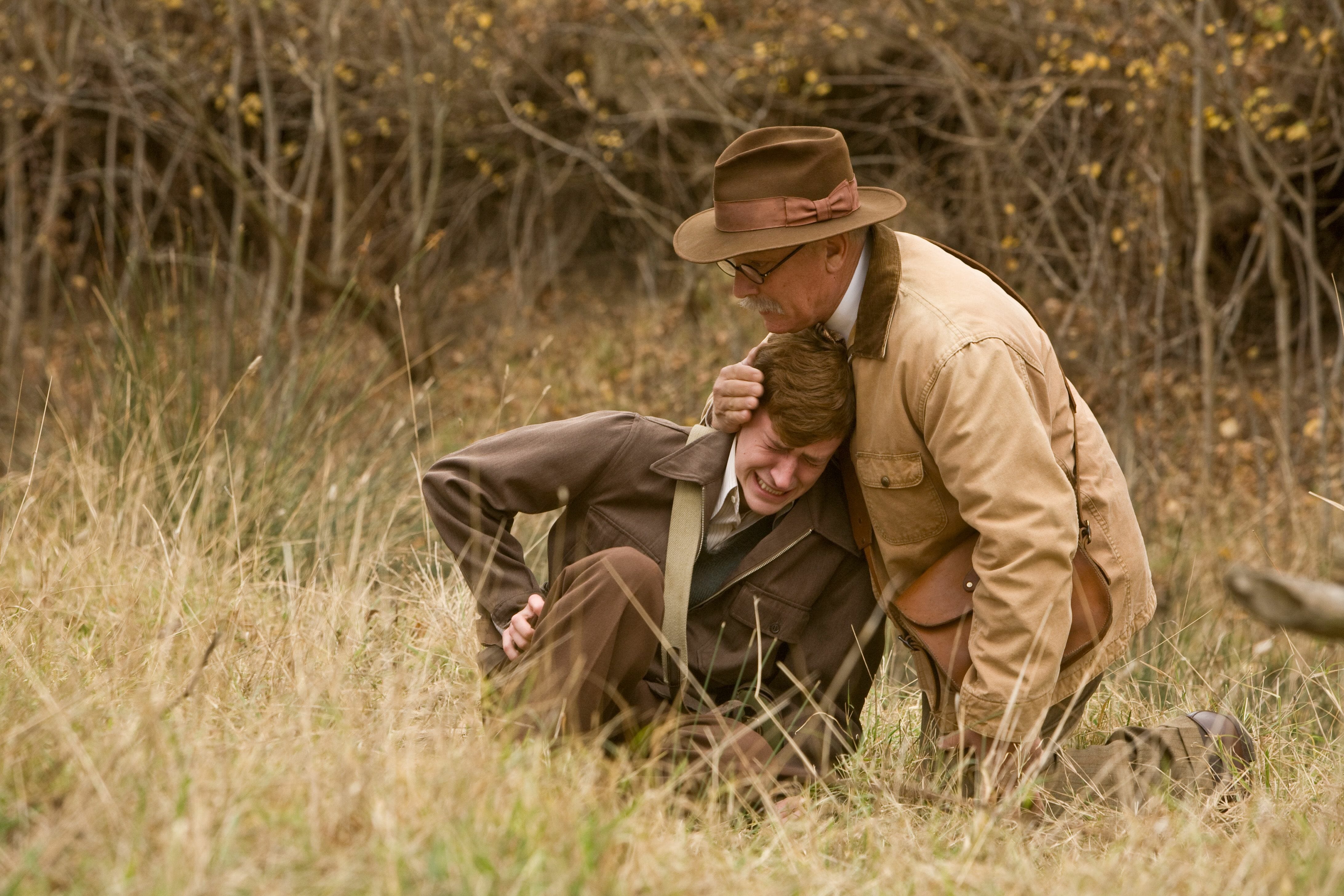The Pacific: “Part 10” (1.10)

The war is over. And so ends HBO’s spectacular miniseries The Pacific. Leaving the bloodshed to earlier episodes, a peaceful conclusion follow the show’s main characters as they make their way to their respective homes.
As Sledge, Snafu and Burgin share a train on their journeys home, we begin to see their transition from warriors to war veterans. When Snafu departs with no goodbyes while Sledge sleeps, I’m reminded how the series’ filmmakers have made a consistent practice of taking viewers to the edge of numerous scenes without tidy conclusions or predictable clichés. The “not knowing” is extremely refreshing.
-

-

-

-

-

-

-

-

-

-

-

-

-

-

-

-

-

-

-

-

-

-

-

-

-

-

-

-

-

-

-

-

-

-

-

-

-

-

-

-








































